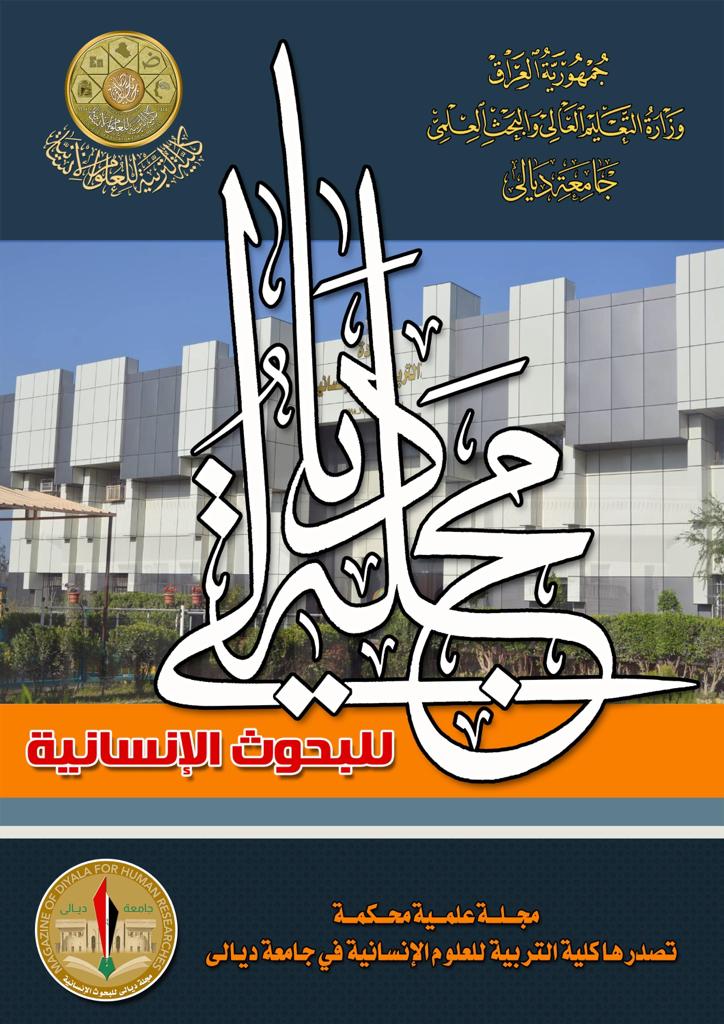The Politeness Principle in Selected Advertisements in English An extract from the MA thesis ‘A Pragmatic Study of Advertisements in English’ by
DOI:
https://doi.org/10.57592/djhr.v1i74.761Abstract
This paper is a qualitative descriptive study of print advertisements in British and American magazines and newspapers within the framework of Leech’s (1983) politeness principle.
This study tries to answer the following questions: (1) ‘How and why do advertisers observe or, otherwise, violate the politeness maxims?’ and (2) ‘To what extent do advertisers observe or, otherwise, violate the politeness maxims?’. The paper also aims to study the role of implicature and non-linguistic elements in advertisement. It is also one of the aims of this study to investigate Leech’s (ibid) politeness maxims in advertisement so as to bring out the significance of the politeness principle in meaning construction in advertisements.
It is hypothesized here that advertisers sometimes observe or violate the politeness maxims in order to persuade customers to buy or accept certain products or services. It is also hypothesized that implicature and non-linguistic elements play a major role in making customers understand the message behind the advertisement. The last hypothesis is that politeness maxims are indispensible in meaning construction in advertisement.
The advertisements analyzed are selected purposively from 50 print advertisements in British and American magazines and newspapers between the years 2011 and 2015. The data collection technique is based on purposive sampling. Only advertisements exemplifying observance or violation of the politeness maxims have been selected as the data of this research.

